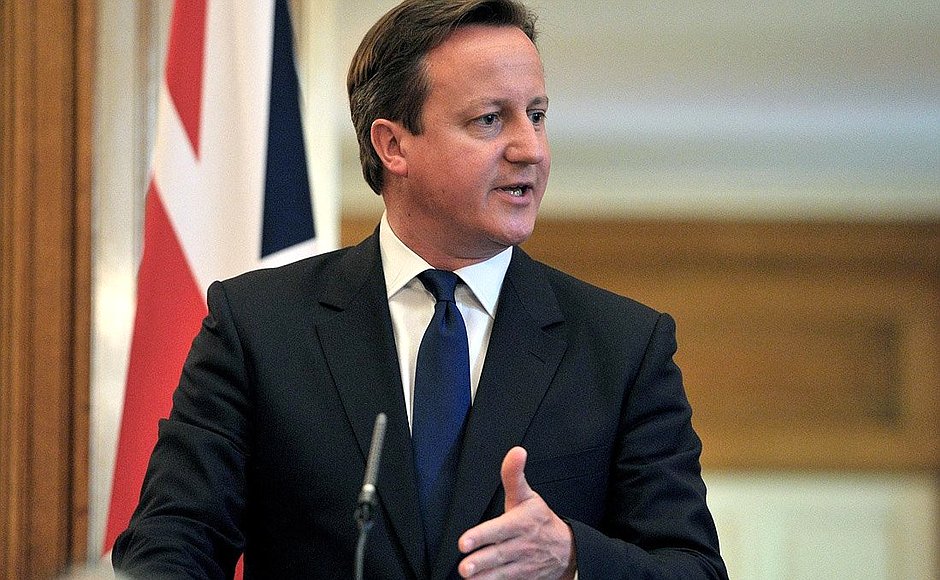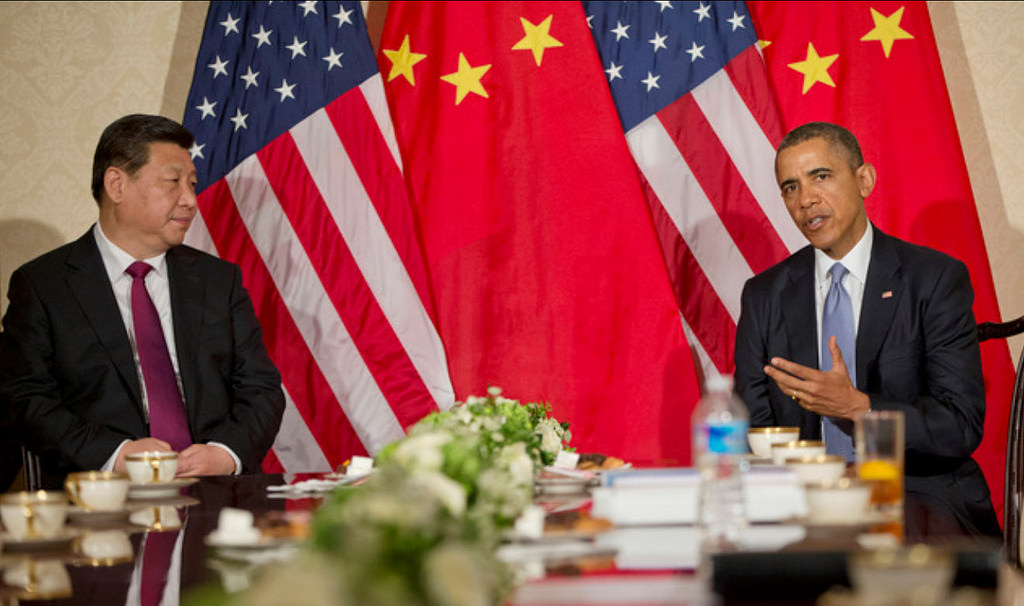In less than a month from now, on June 23, 2016, Britain will be voting whether or not it wants to remain a member of the EU. If Britain does leave the alliance, there will be great implications for the economies of the UK, Europe and other trading partners, including Canada. With 28 member nations, 18 of which use the euro currency, the EU makes up the world’s largest economy, which when considered as a single entity, comes ahead of the U.S. and China. Britain is EU’s second-largest economy with a powerful military force, and it has a significant influence in global affairs. If Britain leaves the EU, some predict a domino effect, as other EU members could consider their own departures. Other members fear that a EU without Britain would be economically dominated by Germany.

In a poll that the Financial Times conducted at the start of 2016, more than 75% of 100 economists thought that the so-called “Brexit” would adversely affect the UK’s medium-term economic prospects. Another question may be whether this approach, which seems to fall under isolationism, can put alliances under threat. By definition, isolationism entails the policy of trying to isolate one’s country from the affairs of other nations by declining to enter into alliances, or foreign economic commitments. Thus, a country seeks its own advancement, both diplomatically and economically, while remaining in a state of peace by avoiding foreign responsibilities. Lieutenant General Ben Hodges, the US Army Europe commander told the BBC: “Anything that undermines the effectiveness of the alliance has an impact on us, and so if the EU begins to become unraveled there can be a knock-on effect for the NATO alliance also.”
There have been numerous attempts to create workable institutions that surpassed national interests. The first serious attempt came in the wake of World War I. The conflict reinforced the view among internationalists that a binding pact among the nations of the world was necessary to maintain peace and stability. This resulted in the League of Nations. Later on, the United Nations was founded in 1945. Despite serious flaws in its notion, it was largely designed as a medium for maintaining postwar geopolitical order.
The European Union gradually evolved after World War Two, tracing its origins from the European Coal and Steel Community (ECSC) formed in 1951. Based on the Schuman plan, six countries signed a treaty to run their heavy industries – coal and steel – under a common management. In this way, no country can on its own make weapons of war to turn against the other, as in the past. As of 1951, this economic union started to evolve, aiming to unite its members politically as well, in order to secure lasting peace. As the union matured, it became more powerful, although sceptics might argue otherwise. As more countries joined the union, it meant that there were more opportunities to trade with, more employment prospects, a further democratisation of institutions, which led to an overall improvement of living standards.
With the biggest refugee crisis since World War Two, major economic strains and security threats from international terrorism, EU is going through one of its most difficult times since its implementation. Although external threats may strengthen strategic cooperation among the EU member states, this may not be enough to keep the union intact, particularly given Russia’s effort to divide Europe by strengthening its Eurosceptic forces. Another structural crisis is the last thing that Europe needs, and it could be what it takes to weaken the glue that binds the EU together as an alliance.
Photo: David Cameron (2013). Courtesy of the Kremlin.
Disclaimer: Any views or opinions expressed in articles are solely those of the authors and do not necessarily represent the views of the NATO Association of Canada.




